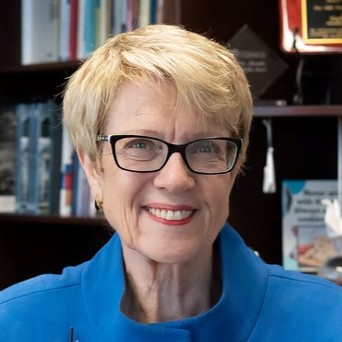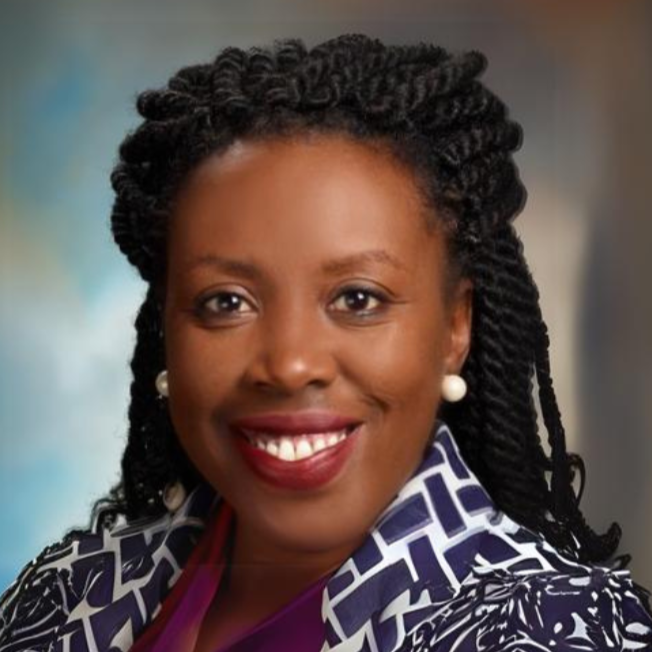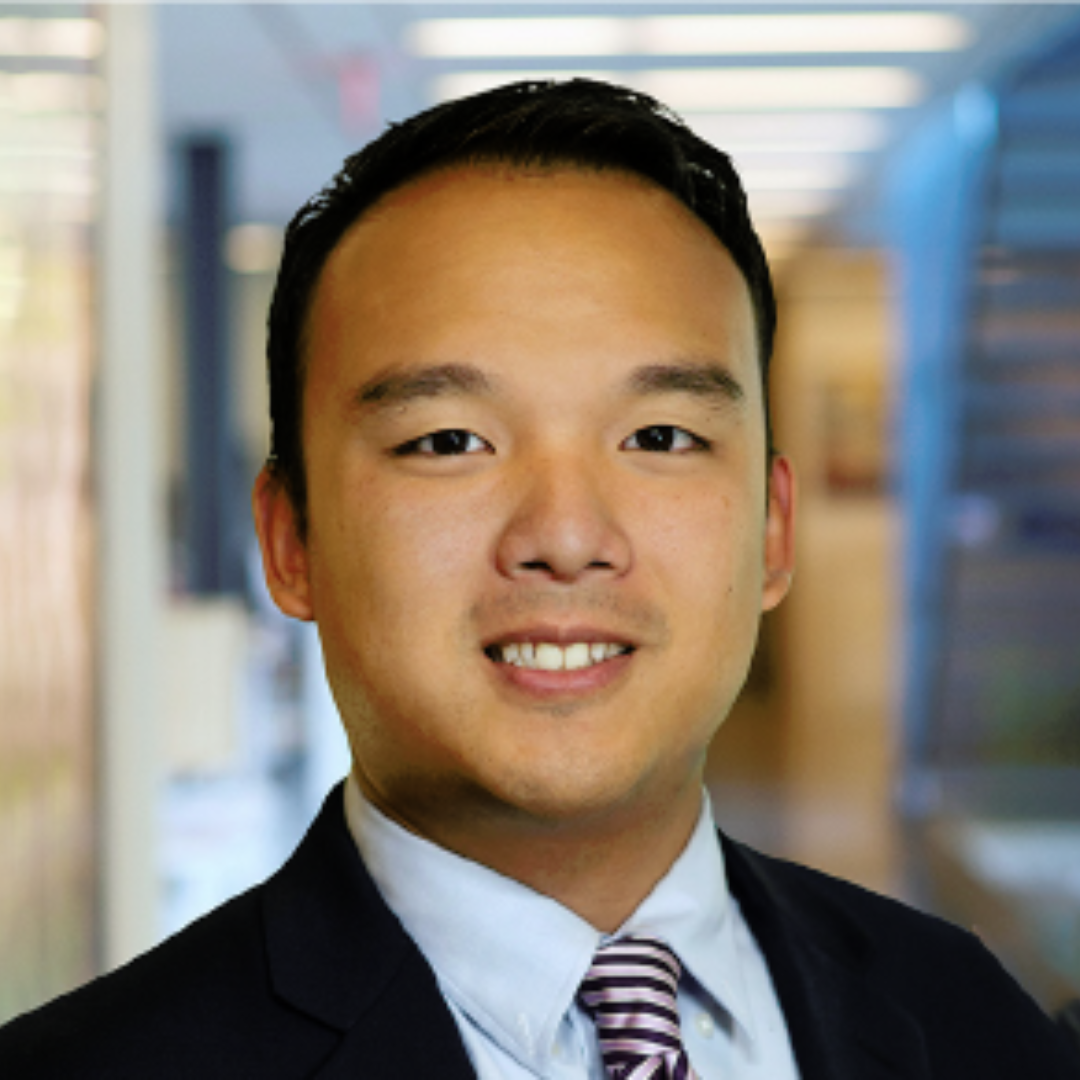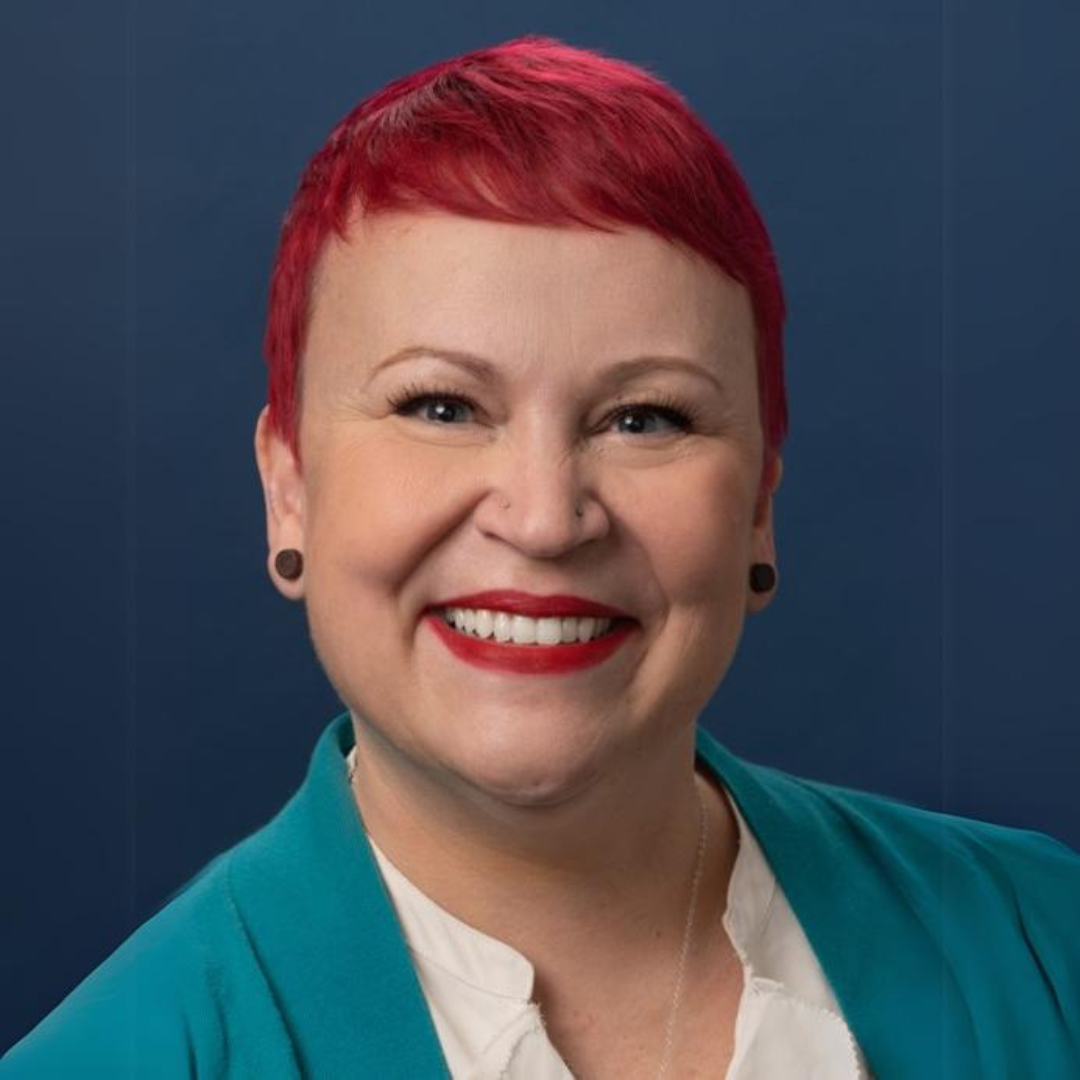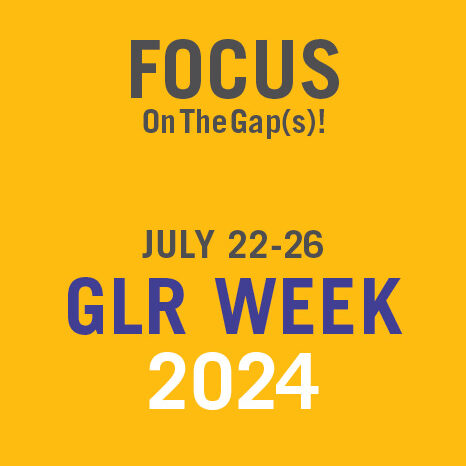
- This event has passed.
Building Brighter Futures: National Funders Share Insights on Place-Based Strategies
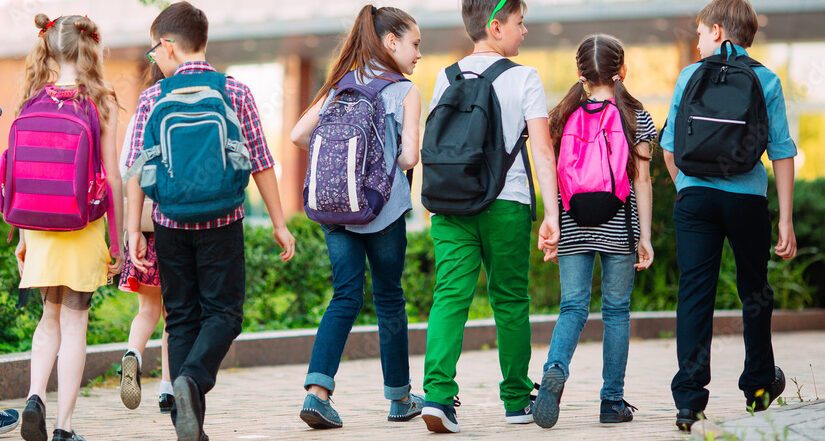
“This conversation is really about improving outcomes for kids and families. That’s the main thing that we’re focused on in closing gaps in grade-level reading. So, the focus has to be on identifying the bevy of resources that are necessary for that and the resources do not just include money. They include voice. They include value. They include people. What resources are evident and prevalent in the individual community that we can bring together to really resolve some of these challenges that for generations have continued to plague communities?”
—Thomas Parker, Charles Stewart Mott Foundation
In this funder-focused GLR Week 2024 session, Thomas Parker of Charles Stewart Mott Foundation shared the above reflection as he discussed the Foundation’s education work in Flint, Michigan. Thank you for registering for this inspiring and engaging discussion!
During the session, Debra Jacobs of The Patterson Foundation moderated a robust conversation with national funders about the work they are doing in their hometowns to support early child development and to close the kindergarten entry gap. The panel featured:
- Deirdre Johnson Burel, Ed.D., discussing the W.K. Kellogg Foundation’s ecosystem and system-building efforts to make New Orleans, Louisiana, a “child-centered city,” including the recent successful local ballot initiative that secured $21 million in annual property tax revenue to support infant and toddler care.
- Jonathan Hui discussing The Kresge Foundation’s efforts to foster neighborhood environments across Detroit, Michigan, where families can thrive and experience educational opportunity, highlighting its innovative Marygrove Early Education Center in northwest Detroit.
- Thomas Parker discussing the Charles Stewart Mott Foundation’s efforts to weave together policy, practice and innovation using a whole-child/whole-community approach in Flint, Michigan, including recent successes in securing state funding for pre-K for all, community college for all and a citywide guaranteed basic income program for pregnant/new moms called Rx Kids.
- Rubye Sullivan, Ph.D., discussing the Annie E. Casey Foundation’s efforts to advance equitable education outcomes in Atlanta, Georgia, by working to “change the odds” rather than continuing to ask children and families to “beat the odds” as outlined in a recent report by the Foundation.
“For us, it really starts with place. What drives our strategy are the priorities of place. What drives how we interact with our partners is rooted in the relationships that exist in place. And I think that’s important because we believe that families experience opportunity, that families experience everything, in the context of place.”
— Jonathan Hui, The Kresge Foundation
In an inspiring and passionate discourse, the panelists discussed the importance of strong, trusting relationships with community residents and partners. They stressed that fostering this kind of relationship requires listening, committing to the work over the long haul and being present in community. Parker stated, “Those interpersonal components are really important in terms of how the Mott Foundation sits in Flint as a ‘shoulder partner’ with a number of other funders and community-based organizations, how we prioritize communication and collaboration to ensure that those relationships are solid and strong.” They also discussed the importance of using both qualitative and quantitative data to identify issues to address and measure progress toward shared goals and to make the case for increased public investments and policy changes.
While the conversation focused on education in the early years, panelists noted how education was interconnected with economic opportunity and healthy neighborhoods. Sullivan noted, “Life happens at the intersection of those three things. Without us working together [to address all three], we cannot make the changes on behalf of the community members that we represent. So, it’s very important that we think about all three collectively.” They also stressed the importance of communicating the work and the story with an asset-frame that amplifies the work of partners and grantees and the neighborhood conditions and process that enabled the successes.
“The communications need to not only explain what we’re doing and why we’re doing it but also where the solution may have come from…and how we got there. Process is important for us as we think about how to take a solution that happens on a small scale and spread that. It’s the process part that’s often missing. Like how did we get there? How would you replicate a similar process?”
—Rubye Sullivan, Ph.D., Annie E. Casey Foundation
The panelists discussed the challenges that keep them up at night with Parker reflecting on what he called a “polycrisis” where multiple challenges are affecting children and families all at one time — housing, health and education — and wrestling with the opportunity costs associated with choosing one to go deep on as opposed to spreading efforts across them all.
While acknowledging the challenges, the panelists ended on a hopeful note, sharing where they see opportunities for working in partnership with residents and community partners to advance their shared goals.
“Yes, the pandemic did open and create incredible challenges, but inside those challenges have also been incredible opportunities. We’ve also seen our nation’s ability to respond in unprecedented ways. We are in an amazing time to be doing this work. Even as we grapple with old challenges with some new tools and solutions, there couldn’t be a better time to be doing this work. Possibility is on the horizon. Lean into collaboration. Lean into listening and let’s do this work together.”
— Deirdre Johnson Burel, Ed.D., W.K. Kellogg Foundation
Panel
